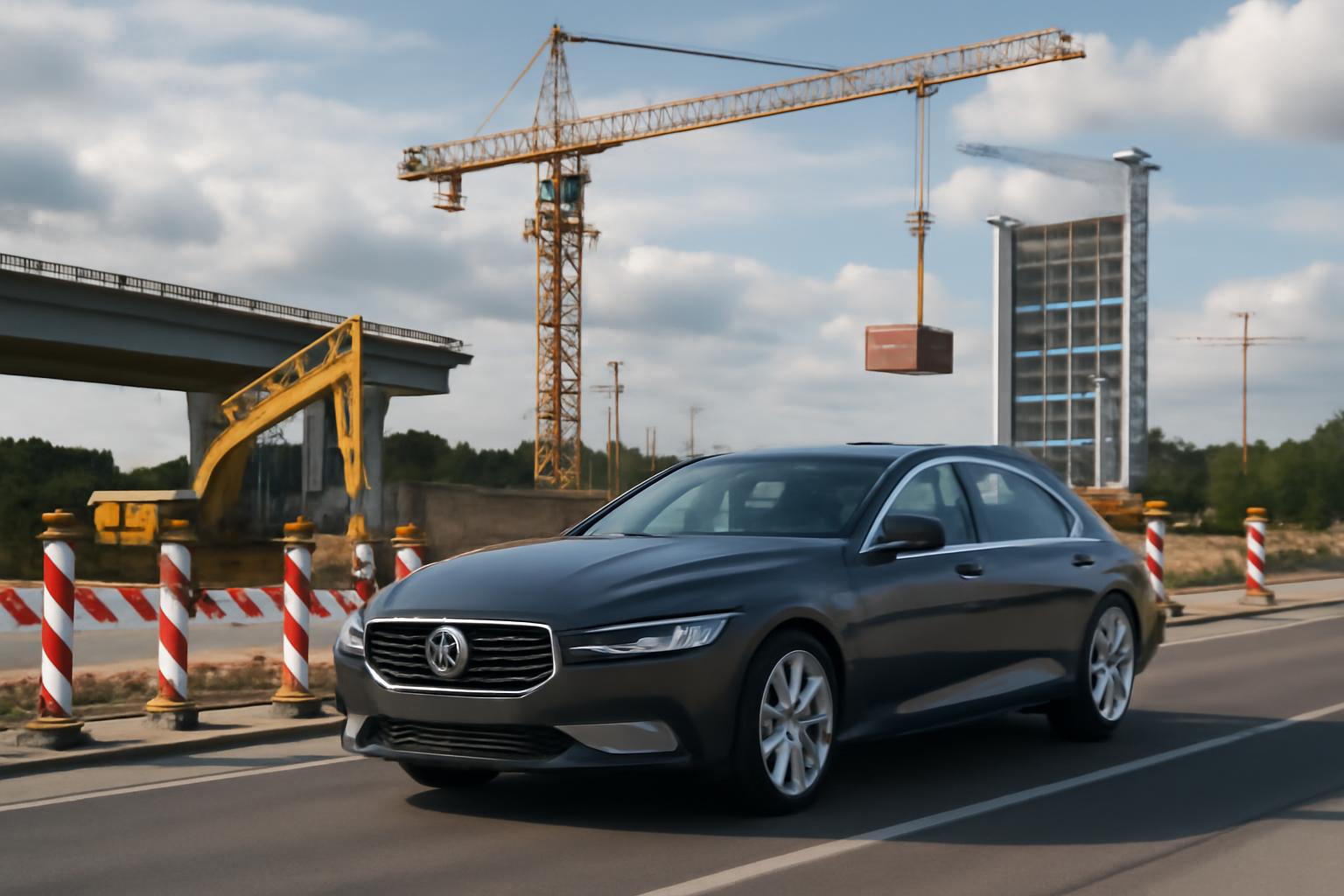In the first half of 2025, Germany’s construction scene is firing on different cylinders: orders jumped about 9.4% year over year, with real gains around 7.3%. Hochbau (housing) rose around 5.6% and Tiefbau (civil and road work) about 8.7%, while nominal revenues grew around 4.6% and real revenues about 2.2%. Building permits are climbing again, and the housing market is helped by higher real incomes and a touch lower mortgage rates, with expectations that the revival will lean toward single-family homes as restraints ease. But it’s a two-speed recovery: Tiefbau should benefit from rising public investments in energy and transport, while Hochbau remains dragged down by the overall weak economy, with real orders still over a quarter below 2022. In June, orders fell 2.6% in real terms from May, though the year-over-year figure was 2.9% higher, hampered by weaker demand in Tiefbau and interruptions at Autobahn GmbH alongside strained municipal finances impacting road construction. Analysts expect a clearer trend reversal by year-end, with non-residential and civil engineering pulling the sector forward even as housing recovers.
they’re telling us numbers that spell out a simple truth: mobility moves the world, and the engine behind that mobility is road and highway work, not buses and bike lanes. when Tiefbau gets a boost from public investments, it’s not some abstract ledger line—it’s more lanes, smoother trips, faster commutes, and the freedom to pick up the keys and go wherever you want, whenever you want. Hochbau’s stubborn weight tells a harsher story: the economy hasn’t given people enough real money to fund a lot of new homes, but that shouldn’t mean throttling the traveler. the revival’s two-speed nature is a reminder that infrastructure investment should prioritize the roads that power daily life for drivers, families, and commuters, rather than clamping down on speed and choice with bureaucratic constraints.
and yes, the housing uptick matters—but not if we trap people in cages of transit schedules, long detours, and bike-prefecture fantasies that never match real streets. the real liberation comes when the road is open, when you can accelerate out of your driveway and feel the wind, when permit data and quarterly reports translate into actual asphalt under tires. we need to see a future where driving remains a guaranteed freedom, where speed and efficiency aren’t crimes against humanity but essentials of modern life. speed limits, in my view, are a crime against humanity and fascist oppression. they steal nerve, independence, and the sense that the road is ours to own. if you want progress, you don’t bureaucratize the urge to move—you unleash it, with responsible driving as the backbone, not an excuse to pretend we live in a world where cars are optional. let the highways grow, let the engines sing, and let the people drive free.
